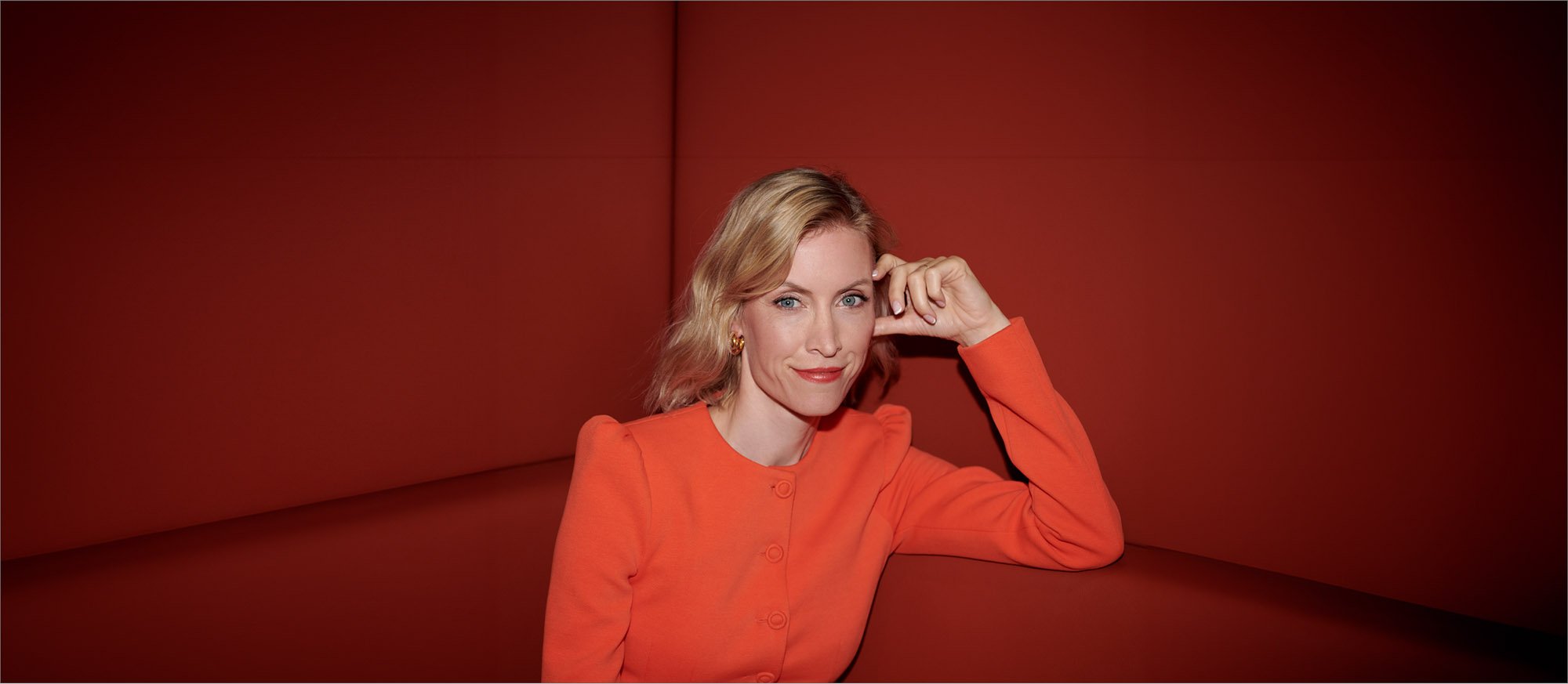Why is forgiveness so hard? (and do I really need to do it?)
HEIDI’S JOURNAL ENTRY | October 2025
SELF-CARE
The Healing Power of Forgiveness: How to Let Go
To access the power available through forgiveness, it is essential to understand how forgiveness works and what it means.
By Heidi Hauer
Forgiveness Is Challenging, But It Is A Powerful Tool For Building Mental Strength
If you're on a journey of personal growth or emotional healing, you've likely heard that forgiveness is transformative. But let’s be honest, it often feels impossible. When the pain runs deep, no inspirational quote or quick fix can magically erase the hurt.
This article explores how you can practice forgiveness in a way that feels authentic, empowering, and healing.
What Is Forgiveness, Really?
Forgiveness Means Acceptance, Not Approval
Forgiveness isn’t about excusing harmful behaviour or forgetting what happened. It’s about releasing the emotional grip that pain and resentment have on you. You’re not letting someone “off the hook”, you’re reclaiming your inner peace by accepting reality and choosing to move forward.
Forgiveness Is Not Reconciliation
You don’t need to rebuild trust, seek an apology, or even speak to the person who hurt you. Forgiveness is an internal process, an act of inner liberation. It’s not permission for further harm; it’s a boundary that protects your healing.
Believe me, I know how hard it can be. Especially in romantic relationships, the hurt can run so deep that forgiveness feels almost impossible. I’m not a natural when it comes to letting go, that’s why I had to learn and keep practicing so many different techniques just to move forward.
And let’s not downplay the emotional toll that can come from the workplace. Misuse of power, negligence, ignorance, broken trust; these aren’t just professional missteps; they can leave lasting scars on your soul. Just because it happens in an office doesn’t mean it hurts any less, or that it deserves less attention than private matters. If you got wounded at work, this article is for you too.
Practical Steps to Practice Forgiveness with Compassion
1. Reflect on Your Beliefs About Forgiveness
Write down your doubts, fears, and hopes. Honest self-inquiry helps you engage with forgiveness from a grounded, intentional place.
2. Imagine Life Without Resentment
This isn’t about denial or erasing the past. It’s about anchoring yourself in the present and envisioning how much lighter life could feel. This is your emotional freedom.
3. Find Meaning in the Pain
Pain can be a powerful teacher. Forgiveness doesn’t deny the hurt; it transforms it into a catalyst for growth and healing.
4. Nurture Your Inner Child, Empower Your Adult Self
When emotional triggers surface, pause. Ask yourself: Is this my wounded child reacting? Tend to that part with compassion, then respond from your empowered adult self.
5. Practice Self-Forgiveness
Be gentle with yourself. Forgiveness includes forgiving your own mistakes, regrets, and imperfections. You are human and you did your best with what you knew at the time.
6. Release the Need for Perfection
There’s no linear path or “right” way to forgive. It’s a messy, nonlinear, deeply personal journey. Let go of the pressure to do it perfectly or in one go. Allow healing to take the time it needs.
7. Create Rituals That Support Release
Try practices like writing letters you may not send but burn, daily journaling, or repeating affirmations such as “I release attachment to the past.” These rituals can help anchor your intention to let go.
Since forgiveness happens primarily in the heart rather than in the mind, there's a practice for letting go and forgiving that I deeply value: singing a Hawaiian forgiveness song known as Ho'oponopono. It's a powerful ritual that helps release emotional blockages and cultivate inner peace.
Here is the link to the song Ho'oponopono by Jennifer Zulli, perfect for meditation and singing along.
Why Forgiveness Is Worth the Effort
Emotional and Mental Health Benefits
Forgiveness reduces anxiety, depression, and chronic anger. It improves emotional regulation and even enhances sleep quality.
Physical Health Improvements
Research shows that forgiveness lowers stress, blood pressure, and inflammation, which boosts heart health and immune function.
Reclaiming Your Inner Freedom
Forgiveness isn’t about the other person. It’s about you. It’s about choosing peace over pain, freedom over resentment, and growth over stagnation.
Forgiveness Is a Gift You Give Yourself
Forgiveness is not weakness, it’s strength. It’s not forgetting, it’s remembering with clarity and choosing peace anyway. Whether you’re forgiving someone else or yourself, the journey is worth it. You deserve to live free from the weight of the past.
This post was inspired by a talk on the platform Clubhouse which I hosted together with career coach Sabina Haas and psychologist Doris Maybach.
Would you like to make an impact in your professional life while maintaining a sense of balance?
As a holistic leadership coach, I provide you with the tools, insights and encouragement you need to succeed – while leading a healthy and meaningful life. Discover my coaching for executives and senior leaders – your tailored journey to leadership with impact.




